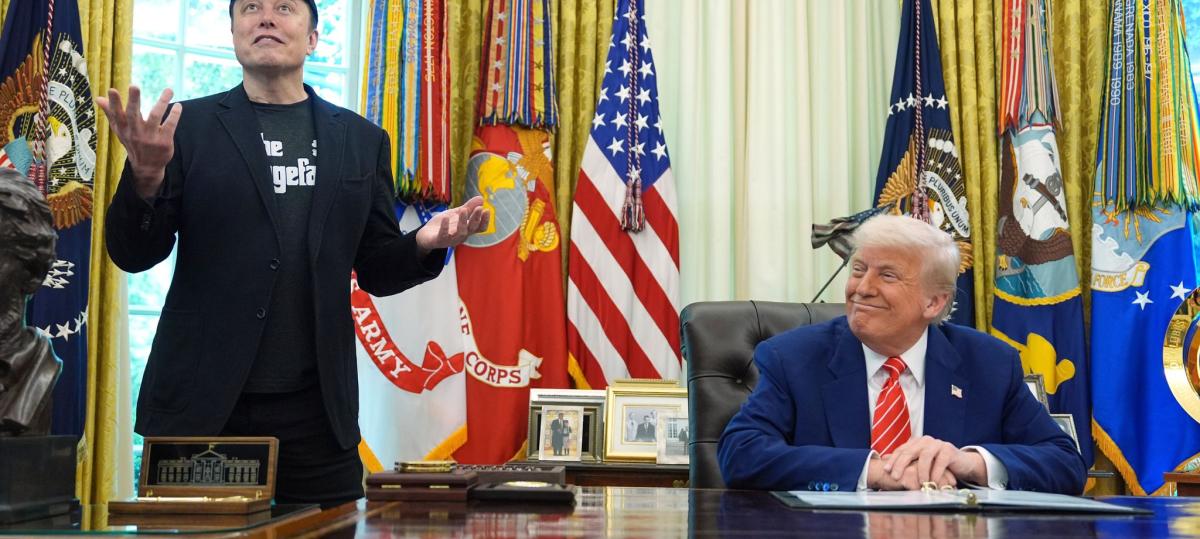Pre -ruling: Opening another person’s letter may be a crime even if it is an injury

Letter secret|The Supreme Court condemned another person’s letter from the accident that had accidentally opened the secrecy of communication.
The abstract is made by artificial intelligence and checked by man.
On Friday, the Supreme Court outlined that opening a letter of another person may be a crime, even if it happened accidentally.
The man was convicted of a violation of communication secrecy when he continued reading his former spouse’s letter after understanding it was addressed to him.
The law specifically defines the unauthorized opening of the letter as an insult to communication secrecy. According to the KKO, opening a letter also means taking a statement about the content of the message, not just the concrete opening of the envelope.
The man received 30 daily fines, totaling EUR 3,480.
Can By accidentally opened a letter to another person, unlocking the infringement of communication secret?
You may be guilty if you continue reading the letter after you have understood that it belongs to another person.
This is how the Supreme Court (KKO) outlined in his preliminary ruling on Friday.
The point of view of There is a case in which a man opened a letter to his former spouse without his consent. The woman’s letter had come to her former address.
The man later took advantage of the information contained in the letter when he was dealing with the authorities.
The prosecutor demanded that the man be punished for the insult to the communication secret.
The man denied the charge. He said he had opened his posts normally and did not notice at the time of the opening that the letter had been addressed to the former spouse.
Both the District Court of Kanta-Häme and the Turku Court of Appeal released the man from the prosecution. They justified the liberating solution by the fact that there was no evidence of the deliberateness of the act.
Supreme The court granted the former spouse. Unlike the lower courts, the KKO decided to condemn the letter opener for violating communication secrets.
In its ruling, the Supreme Court assesses what is meant by the opening of a letter in this context.
The law specifically defines the unauthorized opening of the letter as an insult to communication secrecy. The preliminary work of the law does not specify more about what all the opening of a letter means or covers.
« In general language, expression may mean, for example, the opening of an envelope, but it can also be used in a broader sense to mean the content of the message in the context of the such opening, » the Supreme Court points out.
According to the KKO, the law is particularly protected by the confidentiality of the content of the message. Therefore, the supreme court decided to interpret the opening of the letter more broadly than as a mere opening of the envelope. The lower courts had ended up in a narrower interpretation.
According to the KKO, it is also a violation of communication secrecy when, in the event of an unauthorized opening of the envelope, information is unlawful about the content of the letter.
Either The Supreme Court did not consider the man to intentionally open a letter to another person. However, the man violated the secret of communication as he continued reading the letter after realizing it belonged to another person.
The man did not have the consent of his former spouse or any other justification that would eliminate the legitimacy of the act.
The Supreme Court ordered the penalty of 30 daily fines. They accrue a total of EUR 3,480 to the sentenced person.
Supreme The court has previously issued two other preliminary rulings on the violation of communication secrets.
According to the KKO, the prison guard did not commit a crime when he opened a letter to a prisoner of remand which would not have been open to the Prisoner of Investigation. The guard immediately realized that he had made a mistake. The letter was not taken out of the open shell.
In another case, on the other hand, the employer representative injured communication secrets when he kept his email address after the employee’s employment relationship ended and made it to other employees to monitor the email.







